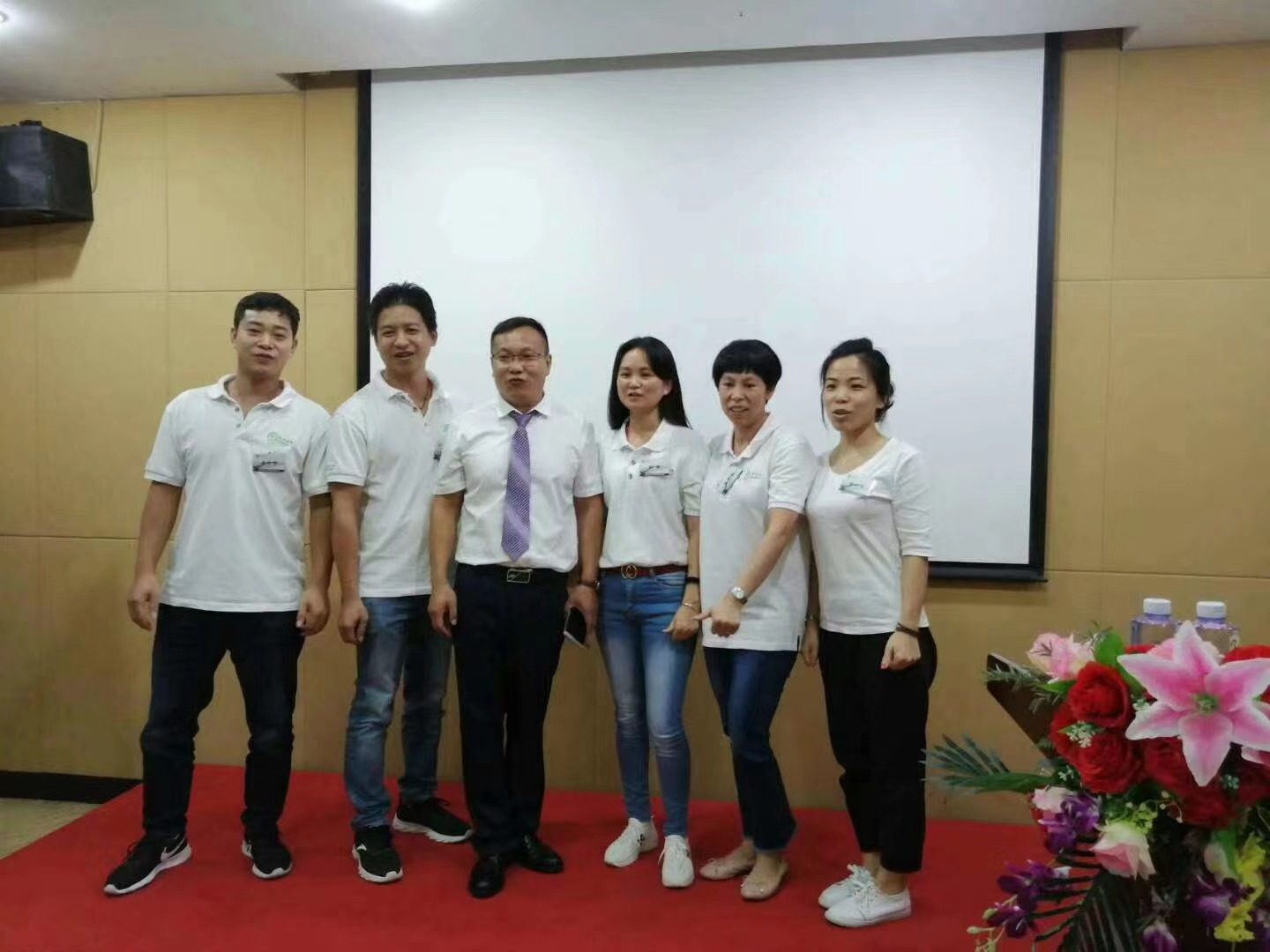Introduction to Die Base Manufacturing
Die base manufacturing is an essential process in the production of various industrial components, particularly in the tooling and stamping industries. In Singapore, this sector has witnessed tremendous growth, fueled by advancements in technology and increased demand for high-precision components. Understanding die base manufacturing is crucial for industries that depend on consistent quality and precision. This article delves into the intricacies and innovations within the die base manufacturing landscape in Singapore.
Key Components of Die Base Manufacturing
What is a Die Base?
A die base serves as the foundation for the tooling used in manufacturing processes such as stamping and molding. It ensures dimensional accuracy and stability during operation. The die base must withstand significant forces and wear, making material selection and engineering a vital aspect of its production.
Material Selection in Die Bases
The choice of materials for die bases is critical. Common materials include tool steels, aluminum alloys, and composite materials, each offering distinct advantages in terms of strength, weight, and durability. Manufacturers in Singapore often opt for high-quality tool steels, which present an optimal balance between toughness and wear resistance.
Innovations in Die Base Manufacturing
Adoption of Advanced Technologies
Singapore's die base manufacturing industry is at the forefront of integrating advanced technologies. The incorporation of Computer Numerical Control (CNC) machining and additive manufacturing has revolutionized the production process. These technologies enable manufacturers to create complex geometries with unparalleled precision, reducing lead times and increasing efficiency.
3D Printing in Die Base Production
3D printing, also known as additive manufacturing, has started to play a significant role in die base production. By using materials like metal powders, manufacturers can create intricate die base designs that were once impossible to achieve with traditional methods. This innovation not only enhances design flexibility but also reduces material waste, contributing to a more sustainable manufacturing environment.
Quality Control Measures in Die Base Manufacturing
Importance of Quality Assurance
In die base manufacturing, quality assurance is vital to maintaining the integrity of the end product. Singaporean manufacturers implement stringent quality control measures throughout the production process. This encompasses regular inspections, non-destructive testing, and adherence to international standards such as ISO 9001.
Utilizing Advanced Measurement Techniques
Manufacturers have adopted advanced measurement techniques to ensure that each die base meets the required specifications. High-precision measuring equipment such as coordinate measuring machines (CMM) and laser scanners are employed to achieve unmatched accuracy in dimensions and tolerances.
The Role of Industry Partnerships
Collaborations with Research Institutions
To foster innovation, die base manufacturers in Singapore often collaborate with local research institutions and universities. These partnerships facilitate the exchange of knowledge and technology, leading to the development of cutting-edge materials and processes that enhance product performance.
Engagement with Industry Associations
Industry associations play a crucial role in the die base manufacturing landscape by providing resources and platforms for networking. Manufacturers benefit from participating in seminars and workshops that focus on the latest industry trends and technological advancements. Collaboration within the industry promotes continuous improvement and competitiveness.
The Future of Die Base Manufacturing in Singapore
Embracing Digital Transformation
The future of die base manufacturing in Singapore is closely linked to the digital transformation of the manufacturing sector. The integration of Industry 4.0 technologies, such as the Internet of Things (IoT) and artificial intelligence (AI), is expected to enhance productivity and efficiency. Manufacturers will leverage data analytics to optimize production processes and predict maintenance needs, thus minimizing downtime and operational costs.
Focus on Sustainability and Eco-Friendliness
As global awareness of environmental issues rises, Singaporean manufacturers are expected to place greater emphasis on sustainability. This includes adopting eco-friendly materials and processes, minimizing waste, and increasing energy efficiency throughout the manufacturing lifecycle. Green manufacturing practices will not only benefit the environment but also enhance the company’s brand reputation and appeal to environmentally-conscious consumers.
Conclusion
The die base manufacturing sector in Singapore is a dynamic and innovative field. As companies continue to integrate advanced technologies, emphasize quality control, and foster collaborations, the industry is poised for significant growth. By prioritizing sustainability and embracing digital transformation, Singaporean manufacturers can secure their position as leaders in the global die base manufacturing market. The future holds great promise for this industry, paving the way for continued advancements and higher standards of production that meet the demands of an ever-evolving marketplace.

